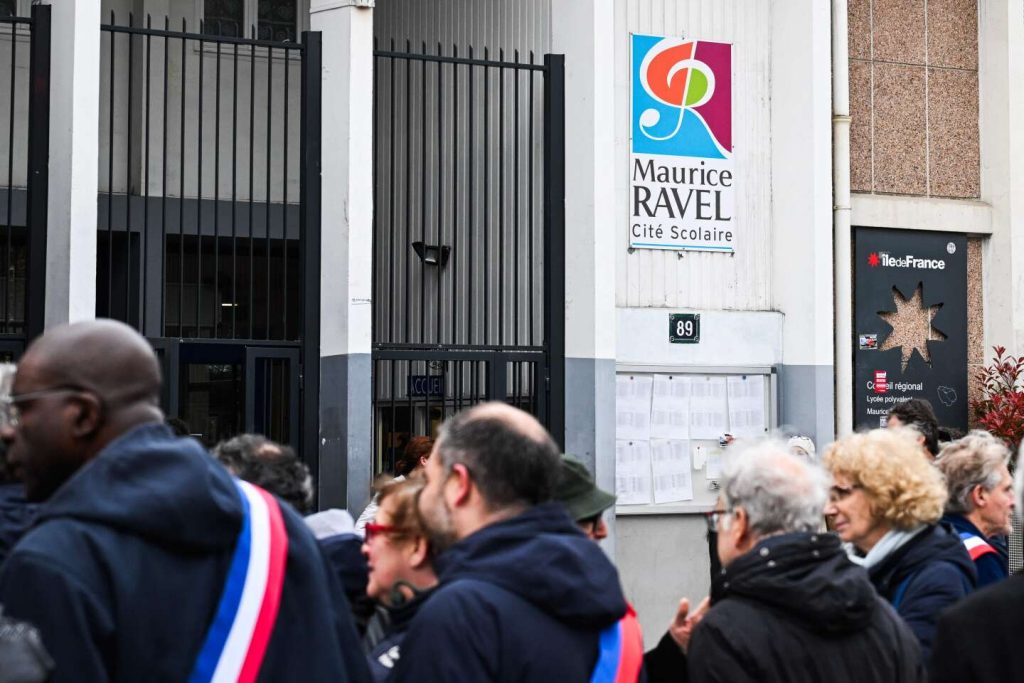Twenty years after the law of March 15, 2004, which regulates, in accordance with the principle of secularism, the wearing of religious symbols or clothing in public schools, colleges, and high schools, the early retirement of the principal of Lycée Maurice-Ravel in Paris, following death threats made on social media after he enforced this law, is a significant setback and a defeat for the Republic and its constitutional principle of secularism in the face of obscurantism, sectarianism, and religious extremism. The 2004 law is clear and explicit: “In public schools, colleges, and high schools, the wearing of symbols or clothing by which students ostentatiously demonstrate a religious affiliation is prohibited.”
It is evident that this law is regularly subject to destabilizing attempts aimed at weakening our schools as places of emancipation, freedom of conscience, and religious neutrality – which is not neutrality of values, as Jean Jaurès wrote in 1908, “only nothingness is neutral.” Threatening a school principal on social media who is fulfilling his duty by enforcing the laws of the Republic not only undermines the institution but also demonstrates a complete lack of understanding of one of the essential missions of school: the acquisition of citizenship aiming to promote and uphold republican values such as freedom, equality, and fraternity.
This lack of understanding is not limited to students but also, unfortunately, extends to parents. Studies and field surveys show a growing challenge to the content of teachings, pedagogical methods, or internal regulations, sometimes leading to threats and intimidation, and in some extreme cases, the murder of teachers, which represents the height of horror. This situation must stop. Beyond the announced security brigades by the Minister of National Education, which will not be enough, it is the responsibility of the state to better protect not only the public within educational institutions but also the educational teams who daily teach our students and implement republican values in often challenging conditions.
Integrating the values of freedom, equality, and fraternity in education is a crucial aspect of fostering responsible citizenry. The school should not only be a place for academic learning but also for the transmission of fundamental values that uphold the democratic principles of the Republic. Strengthening the protection of both students and teachers against threats and ensuring that the laws of the Republic are upheld within educational institutions are essential steps towards preserving the integrity of the educational system and fostering a society built on respect, tolerance, and unity. It is vital for the state to take decisive action to uphold these values and protect those who are dedicated to educating our youth and upholding the principles of the Republic.


